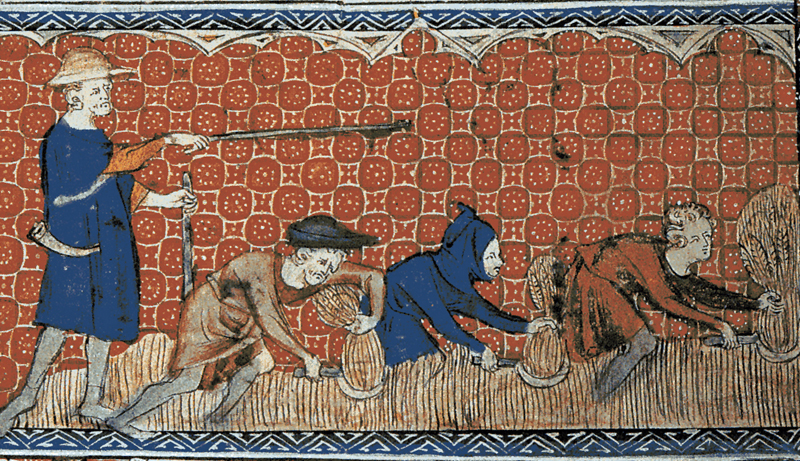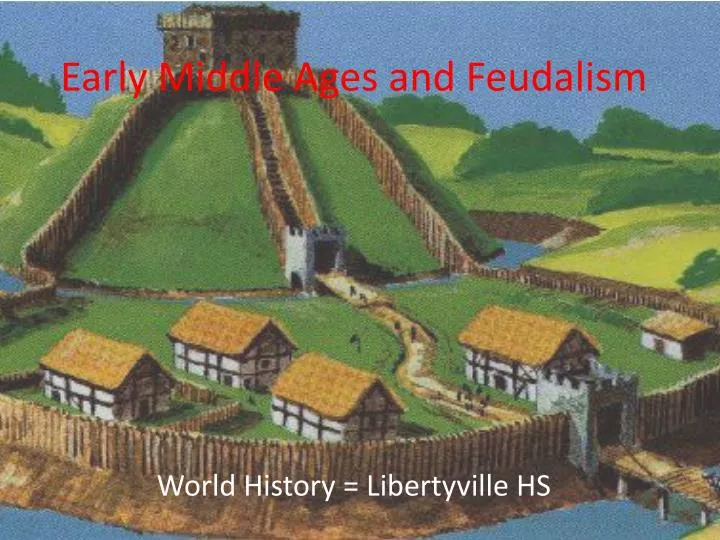
Along with the Magna Carta, the Parliament helped put an end to this. Before, monarchs could pass taxes at their whim, and this often lead to abusive taxation. Another piece to the puzzle was the Parliament. This made sure that everyone was being treated fairly. Because people's rights were being protected, commoners gained more power and since monarchs had to obey the law, they were now more restricted. The Magna Carta also confirmed that all monarchs also had to obey the law.

In the feudal system under which people were tied to land which they did not own, serfs were in bondage to a member of the nobility who owned that land. It asserted that freemen should be arrested without the consent of his peers or the law, and people could not be held in jail without a specific crime. In the Middle English period, a franklin was simply a freeman that is, a man who was not a serf. Out of it grew the ceremony called homage (from the Latin word homo, meaning man). But the transition came when the Magna Carta protected citizens' rights and became the foundation for the habeas corpus and the due process of law. In the early feudal age, when a freeman gave up title to his land he became the lord’s man and promised him fealty (loyalty). In feudalistic societies, the jail system was controlled by powerful nobles. The Magna Carta, or Great Charter, was signed by King John in 1215 after angry barons forced him to, because of his abuses of power. One of the most important political development was the Magna Carta. Although the Hundred Years War and the Bubonic Plague heavily accelerated the inevitable decline of feudalism, political developments in Europe were the most important thing that shaped the decline of …show more content… Nevertheless, the system of feudalism declined due to three main causes: the Hundred Years War, The Bubonic Plague, and various political developments. In return for their hard work, serfs and peasants received their own land. Serfs were not allowed to leave the land, but they were guaranteed food, water, shelter. Many peasants were serfs, who were peasants who were bound to the land. Manors contained churches, castles, forests, a large amount of land, and many villages of peasants who labored and paid the lord fees.

The feudal economy was fueled by manors, which were self-sufficient estates where the lord lived, and produced everything needed for daily life. a member of the Third Estate in medieval society (commoners), see estates of the realm Freeman, an apprentice who has been granted freedom of the company, was. The term "vassals" is a more of a title than a name because anyone could be a vassal, including a king. The vassals would then provide their lords with forty days of annual military services, money, advice, and loyalty in exchange as part of the feudal contract. Greater lords would divide their land into estates called fiefs and give it to multiple vassals while also promising protection to the vassals.

Feudalism is a loosely organized system of dividing and exchanging land for service and loyalty. However, chaos and war were prevalent, and people needed a system of protection: feudalism. The Middle Ages was a period from about 500-1500 It was a time of cultural diffusion in Europe to create what was known as the medieval society.


 0 kommentar(er)
0 kommentar(er)
